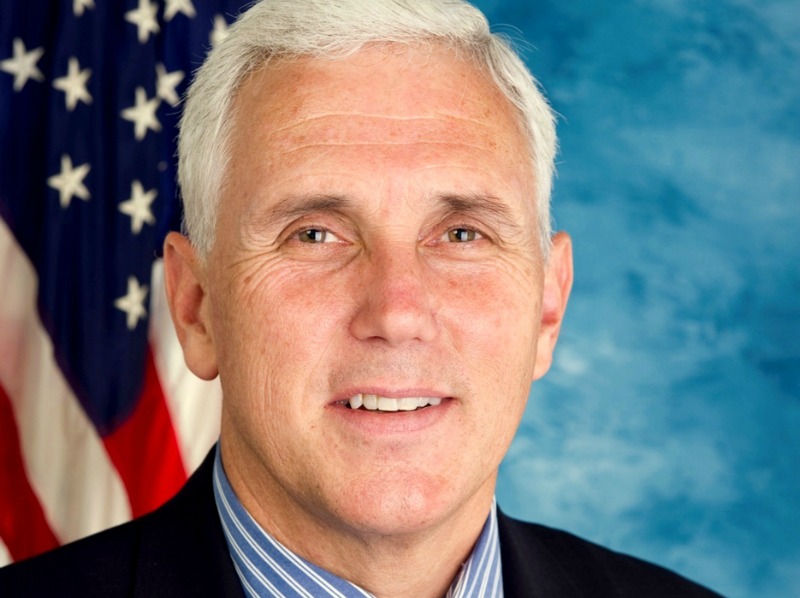Paul Holmes 28 Jan 2015 // 10:41AM GMT

There is widespread outrage—or, if you prefer to abjure hyperbole, some loud mainstream media wailing—about Indiana Governor Mike Pence’s plans to launch Just In, which is either (a) a state-supported multimedia news site or (b) “Pravda on the plains.”
Everyone seems to be piling on—likely spurred by the media outcry—so it’s worth taking a moment for a reality check. There’s nothing even remotely wrong about this; it should be completely uncontroversial. In fact, I’d go a little further: any state government that isn’t considering something like this is failing its electorate.
In perhaps the most hysterical over-reaction in media history, Chicago’s CBS affiliate produced an opinion piece entitled “Welcome to the Gulag”—because opting to keep the state’s population informed of what the government in doing in their name is exactly like imprisoning people for their political views—and offered up the following hyperbole: “If this sounds like those state-run news services in China or North Korea, it is.”
(If CBS really believes this, I'd suggst it has no idea what China and North Korea are like.)
But even if Pence’s news service lives up to the mainstream media’s worst fears, here’s why they are completely wrong.
- This is Nothing New
Government agencies have always used taxpayer money to inform people about their activities. Sometimes that involves events, advertising, and news releases. Since the dawn of the internet age, those news releases have been available online for people to view without any media filter. If there’s a complaint about this new site—which appears to be aggregating news releases and other content and presenting them is a more accessible way—it appears to be that it is doing the job of information distribution too professionally, using all the tools now available to get information to people in a way that is both immediate and useful.
- Informing the Electorate is a Fundamental Responsibility of Government
One of the things even mainstream media are supposed to believe in is transparency. In theory, they should want government to tell people what it is doing in their name. Doing so is not undemocratic, it is something we should demand of our elected officials. And again, you can’t demand information and then say, “But only if it goes through a self-appointed gatekeeper and is filtered according to someone else’s values.”
- More Information is Good
If government is providing services, it’s helpful if people know about them. Those states—from Kentucky to California—that put a lot of effort into informing people about the benefits of Obamacare achieved higher enrollment levels. As a result, more people benefited from the new program. You can argue, perhaps, that those people don’t deserve healthcare and therefore that high enrollment levels are a bad thing, but you have to admit that more proactive communication was good for those citizens who enrolled.
- Elections Have Winners
The concern that this site will present only the administration view of the state’s activities might seem like a concern, but the fact is this is how every government ever has worked. The administration gets to use the machinery of the state to communicate the state’s positions. Whether it’s the Bush administration stumping for war in Iraq or Obama explaining his immigration policy, the person we voted for gets to use the communications resources of the government to explain his (or her) positions.
- This is Not a Dictatorship
Finally—and this is what makes the China and North Korea comparisons juvenile at best—Pence is not replacing corporate-run media with state-run media. He is not shutting down newspapers and television channels, he is providing one more source of information. Nowhere is it written that only multi-billion dollar corporations are allowed to put their spin on the news.
Considering all this, a cynic might think that large news organizations are actually concerned that people might find the disintermediated news more useful, and that individual reporters are worried that they will have less power to decide what information the public gets to see.


































.jpg)

















